Medicine details
| Image |  |
| Name | Eptase |
| Dosage | Injection |
| Generic Name | Streptokinase |
| Classes |
Thrombolytic Anticoagulant |
| Diseases | |
| Company | Beacon Pharmaceuticals Ltd. |
Drug Package Details
| Strength | 1.5 mill IU |
| Storage Condition | |
| Origin Country | Bangladesh |
| Commercial Pack | 1 |
| Price per pack | ৳ 4,000.00 |
| Cost per pack | ৳ 3,520.00 |
| Package unit | 1.5 MIU vial |
| Price per unit | ৳ 4,000.00 |
| Cost per unit | ৳ 3,520.00 |
| Discount | 0 |
| Coupon | |
| Remarks |
Streptokinase
Streptokinase is thrombolytic enzyme derived from beta hemolytic streptococci. Streptokinase binds with plasminogen to form a complex, which converts plasminogen to the proteolytic enzyme plasmin. Plasmin degrades fibrin mesh present in a blood clot or thrombus thus degrading it.
Streptokinase is indicated in Myocardial infarction.
- Systemic administration: A single dose of 1.5 million IU streptokinase should be infused intravenously over one hour.
- Local intracoronary administration: A bolus of 20,000 IU streptokinase should be followed by a maintenance infusion of 2,000 IU to 4,000 IU per minute over 30 to 90 minutes depending on the achievement of coronary artery patency.
Side effects associated with streptokinase are as folows-
- rash
- flushing
- itching
- urticaria
- hypotension
- arrhythmia
- angioneurotic oedema
- dyspnea (shortness of breath)
- bronchospasm
- hypotension
- arthritis
- vasculitis
- The following conditions are normally considered contraindications to streptokinase therapy, but in some cases, the benefits may outweigh the risks-
- recent severe gastrointestinal bleeding, e.g. active peptic ulcer
- risk of severe local haemorrhage, e.g. in case of translumbar aortography
- recent trauma and cardiopulmonary resuscitation
- invasive operations, e.g. recent intubation
- puncture of non-compressible vessels, intramuscular injections, large arteries
- recent abortion or delivery
- diseases of the urogenital tract with existing or potential sources of bleeding (implanted bladder catheter)
- known septic thrombotic disease
- severe arteriosclerotic vessel degeneration, cerebrovascular diseases
- cavernous pulmonary diseases, e.g. open tuberculosis or severe bronchitis mitral valve defects or atrial fibrilation
- aortic dissection
- -diabetic retinopathy increase risk of local bleeding
-
Streptokinase treatment administered more than 5 days and less than 12 months after the initial treatment may be ineffective. This is because antistreptokinase antibodies increase the likelihood of resistance.
-
A drop in blood pressure, tachycardia or bradycardia (in some cases going as far as shock) are common at the start of therapy. As a result, at the start of therapy, the infusion should be done slowly.
-
If the patient is on active heparin, it should be neutralized before starting thrombolytic therapy with protamine sulphate. Before beginning thrombolytic therapy, the thrombin time should not be more than twice the normal control value.
Contraindication
Contraindicated in patients hypersensitive to streptokinase or any ingredient of the formulation.
None known.
Streptokinase is contraindicated in-
- active bleeding
- hypocoagulability states
- acute pancreatitis
- recent cerebrovascular accident, intracranial or intraspinal surgery intracranial neoplasm
- uncontrollable hypertension
- severe liver or kidney dysfunction
- recent major/invasive operations
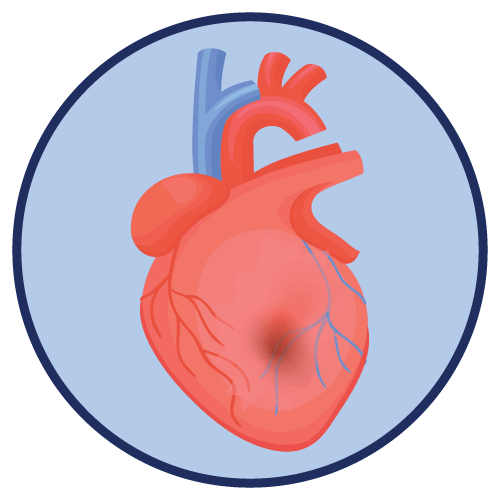



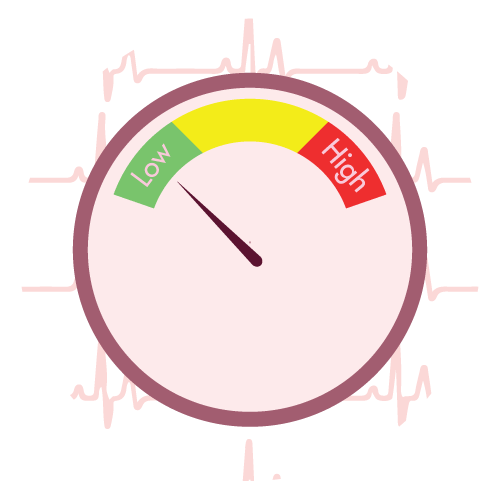


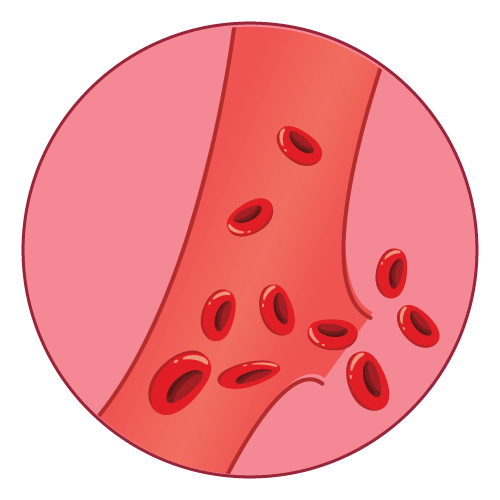
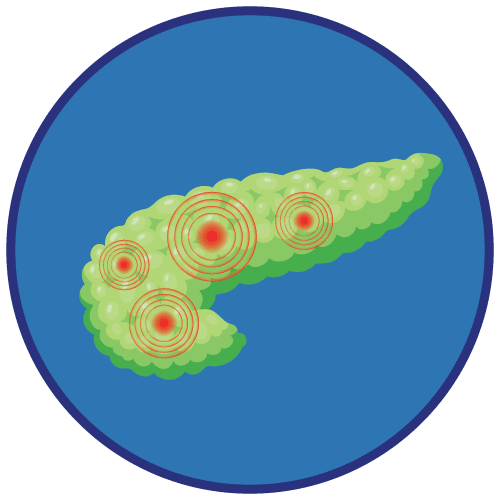

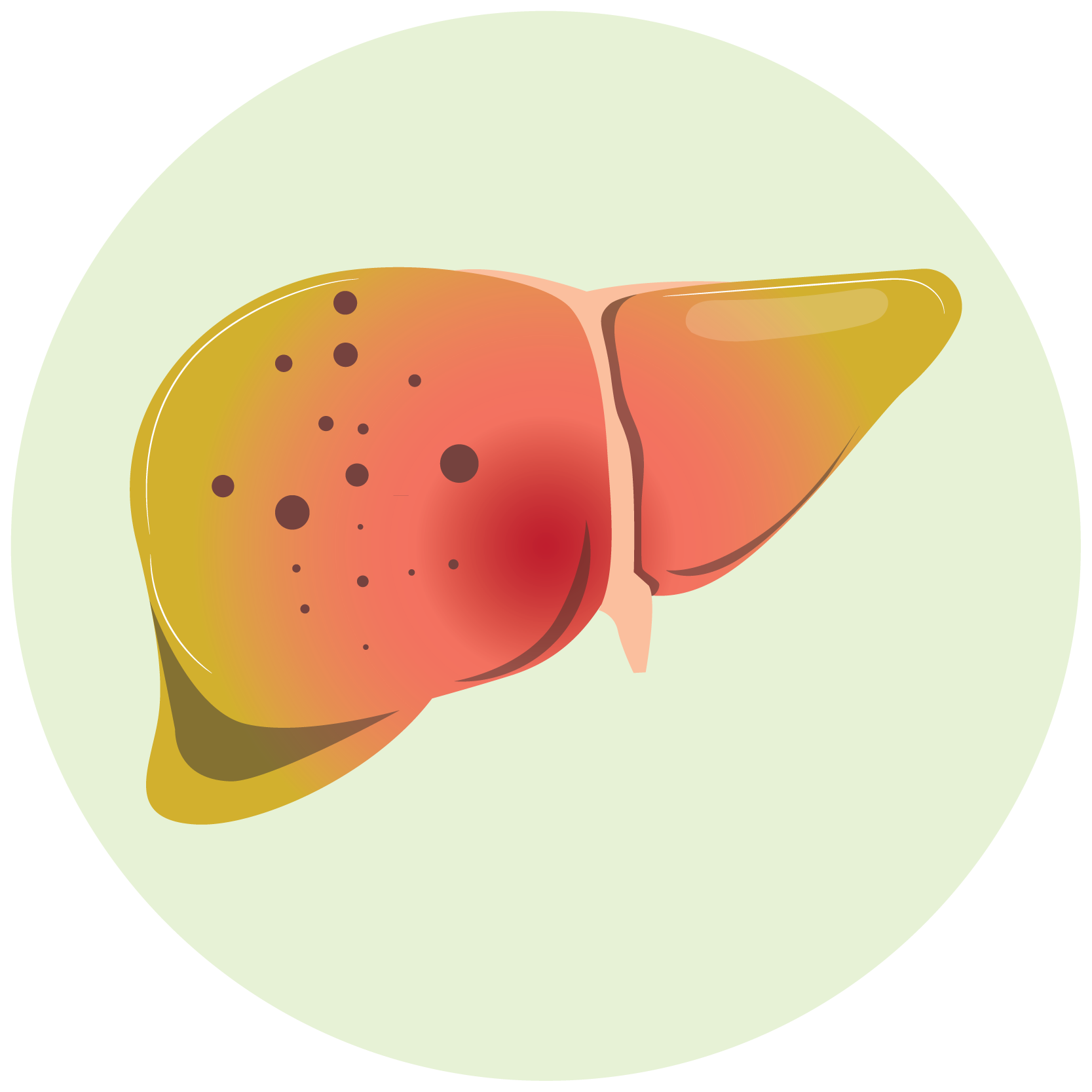
 Bangla
Bangla English
English